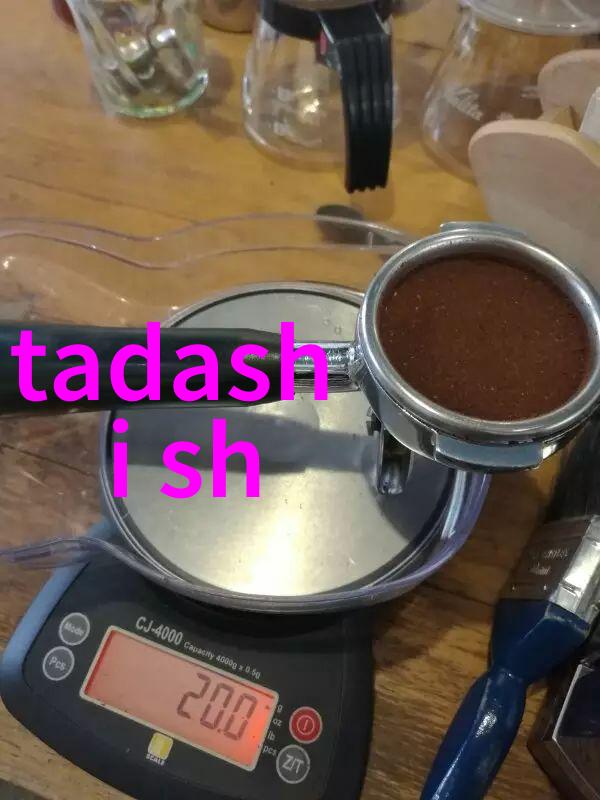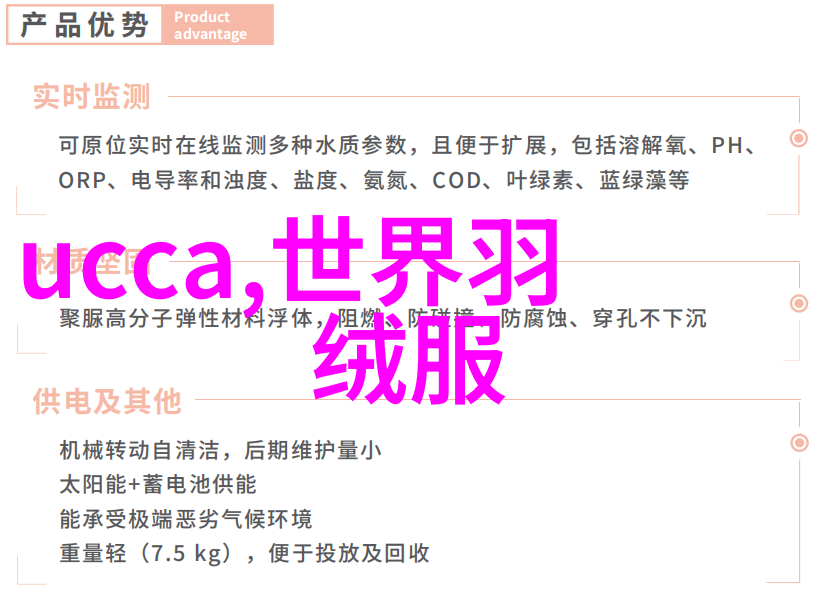
对话录不同年龄段人群对Yoka理解的差异与共鸣点分析
在一个阳光明媚的下午,五位来自不同年龄段的人们聚集在一家温馨的小咖啡馆里。他们共同围绕着一个话题——"yoka中文什么意思?"这个问题似乎简单,却引发了深刻的讨论和思考。

首先是老年人的代表,他微笑着说:“我记得以前听过‘yoka’这个词,但那时它更多地作为一种口语表达,用来形容某物或某事非常好、超出预期。”他接着解释说,这个词汇可能源自日文,是一种赞美之语,在中国传播开来后逐渐成为了一种流行用语。他认为,yoka中文最大的意义就是赞美和欣赏。
接下来是一个中年的女性,她提出了自己的看法:“我觉得'Yoka'更像是一种生活态度,它不仅仅局限于语言上的使用,更体现在我们如何去面对生活中的每一个细节。我认为'Yoka'意味着要有感恩的心,对周围的一切都保持积极乐观的态度。”

她的话让坐在旁边的一个青年感到很有共鸣。他表示:“我平时也会用'yoka'来形容一些事情,比如一次偶然间发现的小吃店,那里的食物真的'yoka'manyue!”他笑着继续道,“但是我从未真正深入思考过'yoka'背后的文化意义。”
这时候,一位刚上大学的大三学生站起来分享他的见解。“从我的学习角度来说,'yoka'in英文被翻译为'surpass expectation',这让我意识到'yoka'really reflects our Chinese cultural value of modesty and humility. We often praise others for their achievements with a humble tone, which is reflected in the word 'yoka'. It's not just about being happy or satisfied but also about being grateful for what we have.”

最后,有一位小朋友问道:“老师,我们班还没有学到'yokawhat does it mean?”她的老师微笑回答说:“实际上,'yokais a very positive term that means something is better than expected. It can be used to describe food, movies, books, even people! So when someone says something 'yo-ka', it means they really like it and think it's special.”
通过这些不同的视角和经验,我们可以看到“yokahas become an integral part of our language and culture. It transcends age boundaries and brings people together through shared experiences.

As we conclude this conversation on the meaning of "yo-, we are reminded that language is constantly evolving and adapting to new contexts while retaining its core essence. The story of "yo- serves as a testament to the power of words in shaping our perceptions and understanding of the world around us.
The next time you hear someone say "Yo-, take a moment to reflect on its rich history, cultural significance, and personal connections that make it such an endearing term in our linguistic repertoire.




